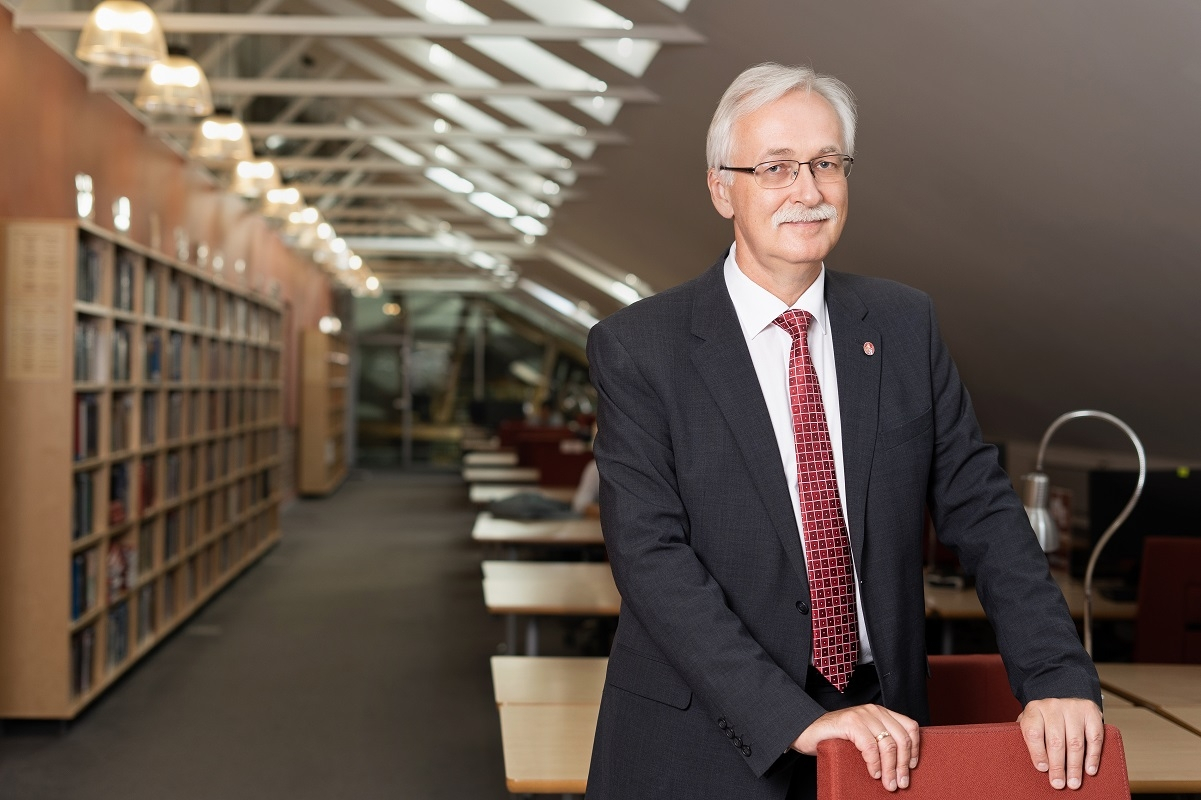An expert from St Petersburg University: ESG governance requires coordinated efforts from researchers, consultants and managers

Are Russian companies ready for the transition to the Business Sustainability 3.0 model? Should national characteristics be taken into account? What drives the increased interest in ESG issues? The participants in the round table discussion ‘Sustainable Business: Transformation of Strategies’ have tried to answer these questions during the Emerging Markets Conference 2021. It was held at the Graduate School of Management of St Petersburg University (GSOM SPbU).
The discussion took place as part of the one-day track ’Business in Society: New Reality and the Implementation of Corporate Sustainability Strategies’ at the 8th International Emerging Markets Conference (EMC). This year, it was devoted to the impact of the pandemic on economic processes and was themed ’Bridging countries, organizations and people in a new fragmented world’. The track has traditionally been held in cooperation with the international Academy of Business in Society (ABIS).
The discussion ’Sustainable Business: Transforming Strategies’ continued the discussion of the practical aspects of the current concept of True Business Sustainability/Business Sustainability 3.0. It had been presented earlier in the academic track by its author, Professor Thomas Dyllick of the University of St. Gallen, Switzerland. The discussion was attended by representatives of Russian companies, including Severstal, Gazprom, Nornickel, RUSAL, IBM in Russia and the CIS, Beeline, and Leroy Merlin.
There are three models of business sustainability that can be identified today. The first and the most basic one (’business sustainability 1.0′) assumes that a company recognises the damage it causes to the environment and is willing to minimise it by mitigating the risks involved. The ’business sustainability 2.0′ model implies that a company will follow the principle of ’good for me — good for society — good for nature’. The current concept of ’true business sustainability 3.0′ requires a deeper immersion in solving global problems. This is impossible for companies without making extra efforts to improve their business model and develop partnerships at all levels.
Yury Blagov is Associate Professor in the Department of Strategic and International Management and Director of the PricewaterhouseCoopers (PwC) Centre for Corporate Social Responsibility at St Petersburg University. He believes that bringing together theory and practice is an imperative of our times. He emphasised that the avalanche-like growth of sustainable development and ESG requires coordinated efforts from all specialists in this field — researchers, consultants and managers. These efforts should be aimed both at improving the quality of corporate governance in Russia and at preventing the abuse of this complex transdisciplinary issue.
’While the traditional definition of sustainable development urges us to be mindful of future generations, today the global agenda reflected in the UN Sustainable Development Goals has taken on an alarmist character. It is about a «new reality» for the current generation with rapidly changing markets and stakeholder expectations focused on ESG criteria. Moreover, as Professor Dyllick rightly points out, we are experiencing the so-called Great Divide: despite increased business responsibility, global problems continue to worsen. The solution lies in the development of stakeholder capitalism, which has long been discussed by theorists and whose time has come,’ said Yury Blagov.
Irina Bakhtina, Director for Sustainable Development at RUSAL, pointed out that not all the attributes of sustainability, the acquisition of which is associated with serious investments and costs, can be capitalised at the enterprise level and monetised at the level of a product or service. She noted that ’paradoxically, environmental attributes (E) are the easiest to measure and therefore most easily to monetise for the buyer of a product or service, while positive social impact (S) and ethical corporate governance (G) remain peripheral to market capitalisation and are difficult to translate into customer language.’
ESG (Environmental, Social, Governance), in a narrow sense, constitutes the criteria for so-called responsible investment (including environmental, social and corporate governance). In a broad sense, it refers to the factors that ensure the sustainability of individual companies, states and societies as a whole.
Irina Efremova-Garth, Head of Corporate Social Responsibility IBM Russia and CIS, in turn, commented on the importance of a systemic response to the challenges of the ’Great Divide’: ’Alarmism is a sign of an unbalanced vision of the situation. Choosing between the components of ESG, many people today are rushing towards E, i.e. ecology, neglecting the role played by corporate governance and corporate behaviour (G). However, without them, without incorporating these higher values into the company’s standards, mission, strategy and day-to-day operations, it is difficult for employees and managers to understand and accept that responding to social problems benefits the corporation.’
The participants of the round table discussion observed that leading Russian companies seem to be in line with the global trend of business transformation towards sustainability. However, it is too early to talk about a shift in paradigm, both in Russia and globally. It is more about the emergence and rapid development of its individual characteristics, though it is a forced and internally controversial development and does not offer ideal solutions.

